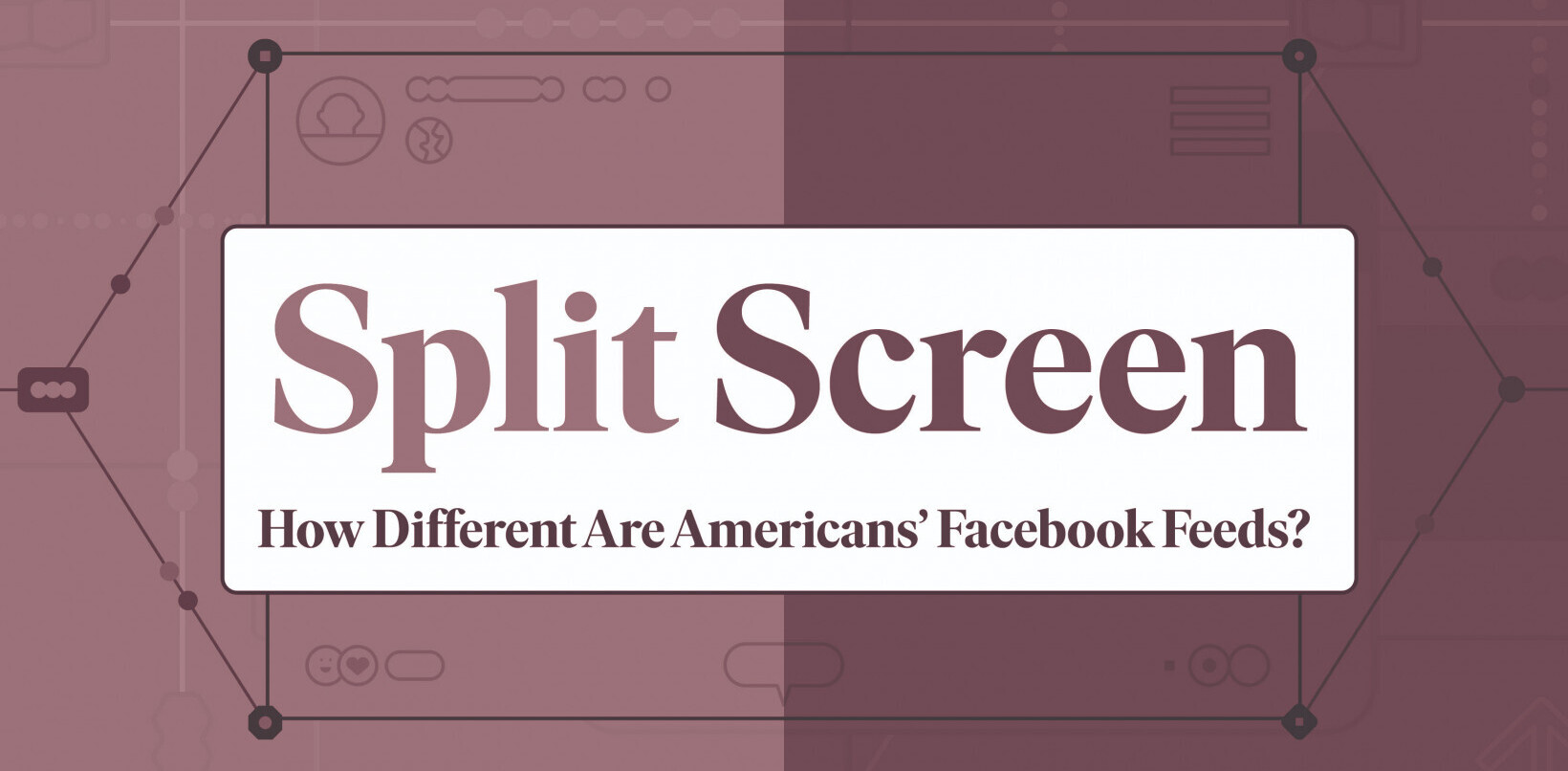
Facebook generates $2bn in revenue, is valued at $50bn and has a global ‘customer’ base of 600m people. It’s fair to say it’s a pretty big company.
And to service a company of this size, you need a lot of people – 2,000 in Facebook’s case. But what’s life in Facebook like for those that drive the business towards world domination? For a little perspective, here’s a quick peek at another digital behemoth.
Much has been written about Google as an employer over the years. Tales of giant slides, all-you-can-eat buffet canteens and even a giant replica T-Rex skeleton have often been told, as life in the Googleplex is portrayed as the ultimate working environment.
And there’s little question that Google isn’t your typical employer. But don’t be fooled by cool offices – every single employee there will be working their socks off. Engineers may be given ‘innovation time’ to work on side-projects such as Gmail, Google News, Orkut and AdSense, but they’re highly educated, hard working and skilled people. The Googleplex is no playground…Google simply provides a fertile landscape for innovation to flourish.
With Facebook, a similar balancing act is required. But remaining nimble, innovative and ahead of the game under the might of a multi-billion dollar corporate machine is exactly what they’re managing to do.
Mass exodus?
Business Insider reported a couple of weeks back that Facebook was suffering a mass exodus of employees. Was it because the company was starting to stagnate? No, it seems that the employees in question had joined before Facebook gave staff ‘restricted’ stock – which means they were all able to sell their stock on secondary markets and become very rich. Nothing unusual there then.
And a couple of days after that report, TechCrunch wrote that Joe Hewitt, a Mobile Developer at Facebook, had parted ways with the company. Hewitt gave a heartfelt farewell message on his personal blog that culminated in:
“Facebook was the longest I ever worked at one company, and the best employer I’ve ever had.”
We followed this up with Hewitt, to see exactly why Facebook is the best employer he ever had. And Hewitt’s take was an interesting  one:
one:
“You’ll often hear Zuck and others talk about how they want Facebook to keep its startup mentality. And the way they do it is to constantly encourage people to try new ideas and run with them, without any meddling from above. While some projects ultimately require approval before they ship, you can go very long stretches with total autonomy.”
Autonomy & innovation
Autonomy, it would seem, is integral to keeping things fresh, innovative and interesting. We’ve seen this with Google in the past, as employees have typically been allowed to use up to 20% of their working time on projects that are of personal interest to them.
Indeed, Hewitt also noted that some of his previous employers talked the talk when it came to innovation in the workplace, but they ultimately gave employees a very short leash to work on and would constantly reshuffle teams and give orders that sucked the motivation out of people. Facebook was different:
“Facebook always made me feel like the company was driven from the bottom-up, with the engineers and designers having the responsibility to drive the company forward, rather than waiting for management to tell them what to do. Who knows if that will change as the company grows, but as they grew from 250 employees when I started to over 2,000 now, I felt they did a good job of maintaining that atmosphere.”
Happy memories from Hewitt, who now goes on to pursue independent HTML 5 development projects.
Whilst we wouldn’t want to paint a false picture of employment utopia at Facebook Towers, it seems that Hewitt isn’t alone in his assertions that Facebook is an environment that encourages innovation and development.
Surplus of possibility
Mark Slee, a Software Engineer who has worked at Facebook since January 2006, agrees that Facebook is a great place to work because of the attitude with which the company approaches product development:
“Since its inception, Facebook has been driven by a culture of prototyping, shipping, and iterating. The result is an environment where the biggest limit on innovation is our own ability to get ideas implemented.”
Indeed, Slee notes that one of the biggest challenges is choosing from a surplus of possibility, which he feels can be frustrating at times. Slee continues:
“Even though Facebook is a technology company, we lead our decision-making with people, not code. Rather than developing technology for its own sake and then figuring out how to package it up into products that users might want, we start by imagining the most powerful ways we could improve people’s lives, and then drill into what technology we are going to need to realize that vision.”
‘Move fast and break things’
Pedram Keyani, Engineering Manager at Facebook, joined the social network in August 2007. His first impression was that  Facebook was engineering-driven and was focused on moving fast to build innovative products. And he was most surprised to find that Facebook’s motto of ‘Move fast and break things’ was very much real:
Facebook was engineering-driven and was focused on moving fast to build innovative products. And he was most surprised to find that Facebook’s motto of ‘Move fast and break things’ was very much real:
“From the open-floor plan to quick turnaround from internal tests to production traffic, Facebook has always been obsessed with moving fast and iterating on ideas.”
It seems that a big part of Facebook’s ethos is about being bold, making mistakes in the process and learning from them. Keyani notes:
“I learned a lot of lessons in that first year as manager, and made my fair share of mistakes along the way. But because of our emphasis on moving fast and being bold, my peers and mentors gave me a lot of support and helped me use mistakes as learning experiences to improve my skills. During my time at Facebook I was never gated by the company but rather my own ability to grow and adapt. That’s what I really think sets Facebook apart from any other company I have worked at, it is an environment that really encourages people to take on big challenges and step outside of their comfort zone.”
It’s also worth noting that Keyani was previously at Google, where he worked as an engineer for two years. And he has stated that his reasons for jumping ship and boarding the Facebook vessel were that “I began to realize that I wanted to have more autonomy to build and work on larger, higher impact projects than was possible there (at Google).”
In the first quarter of 2011, Google’s global headcount stands at over 26,000 people, which is two thousand more than it had at the end of the previous quarter. With 2,000 employees Facebook is big, but it’s no match for Google in terms of people power. In fact, Google had more than five times the number of employees in 2007 than what Facebook has today. And it’s for this reason that Google may well offer less autonomy than it once did – it’s simply too big now.
I’ve written before that Facebook is still a startup in terms of company culture, and this assertion is backed-up by these accounts.
In 2010, Fast Company declared Facebook the most innovative company in the world. That’s ahead of Apple, Google and, well, a lot of other pretty innovative companies.
The company’s ‘surplus of possibility’, as Slee puts it, should see Facebook’s headcount escalate in the months and years ahead if these possibilities are to be realised. The challenge then for Facebook will be to remain an autonomous and innovative environment to work in.
Get the TNW newsletter
Get the most important tech news in your inbox each week.





